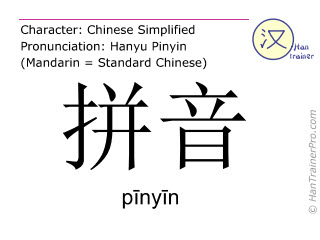The Four Mandarin Chinese Tones
Tones are an essential part of proper pronunciation. In Mandarin Chinese, many characters have the same sound. Therefore tones are necessary when speaking Chinese in order to differentiate words from each other.
Four Tones
There are four tones in Mandarin Chinese, which are:
- First tone: a level and higher pitch
- Second tone: rising, start from a lower pitch and end at a slightly higher pitch
- Third tone: falling rising, start at a neutral tone then dip to a lower pitch before ending at a higher pitch
- Fourth tone: falling, start the syllable at a slightly higher than neutral pitch then go quickly and strongly downwards
Reading and Writing Tones
Pinyin uses either numbers or tone marks to indicate the tones. Here is the word ‘ma’ with numbers and then tone marks:
- First tone: ma1 or mā
- Second tone: ma2 or má
- Third tone: ma3 or mǎ
- Fourth tone: ma4 or mà
Note that there is also a neutral tone in Mandarin. It’s not considered a separate tone, but it is an unaccented syllable. For example, 嗎 / 吗 (ma) or 麼 / 么 (me).
